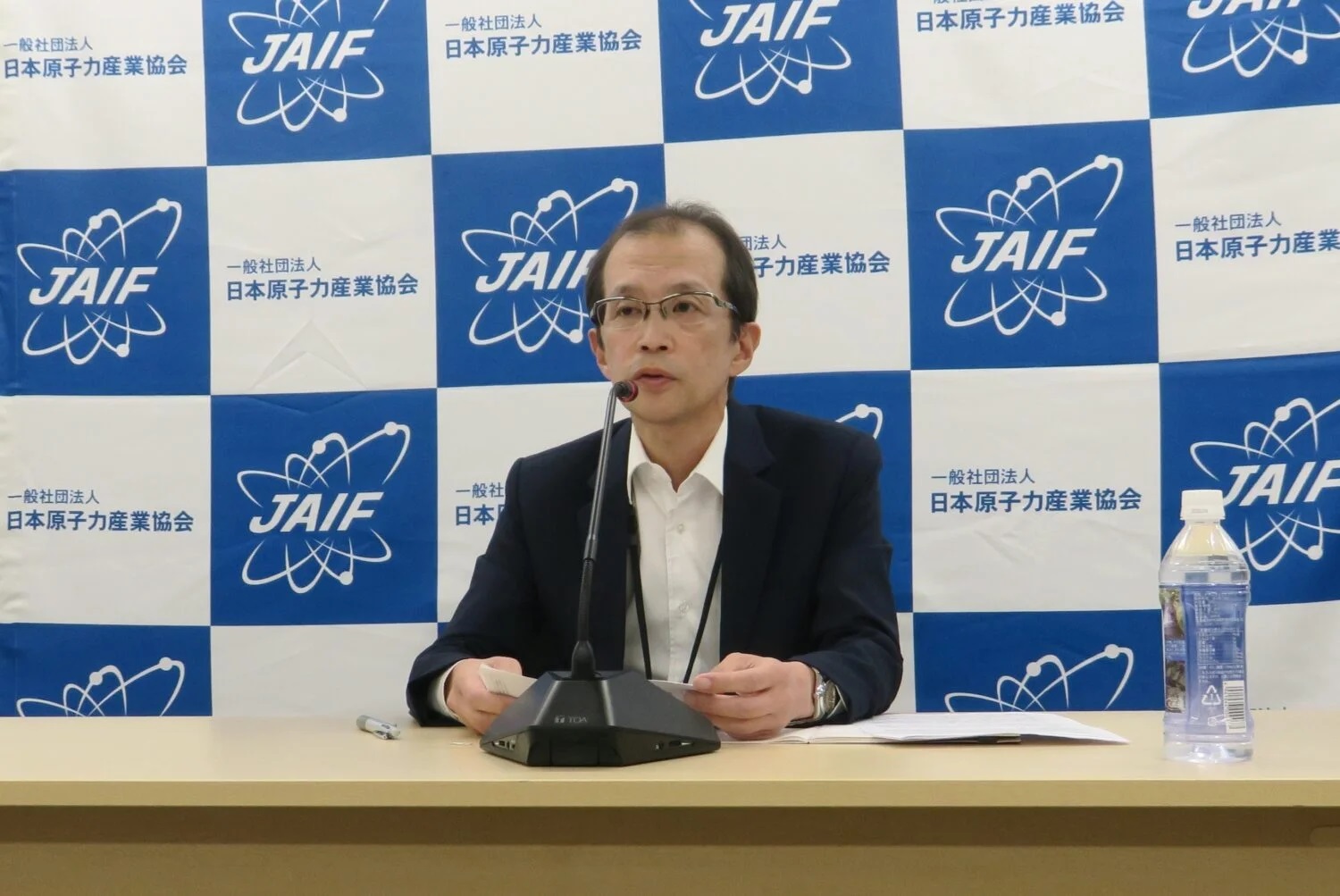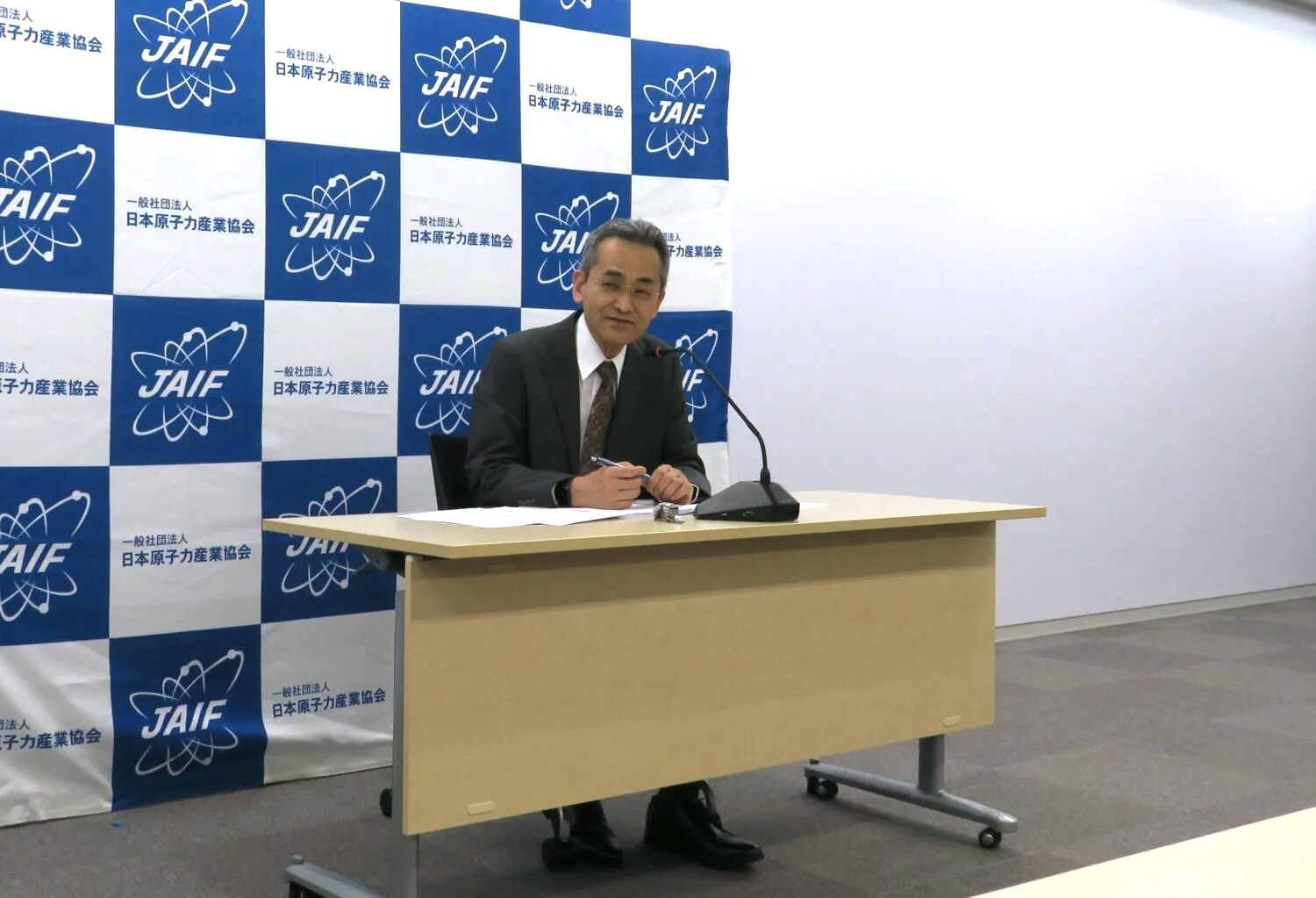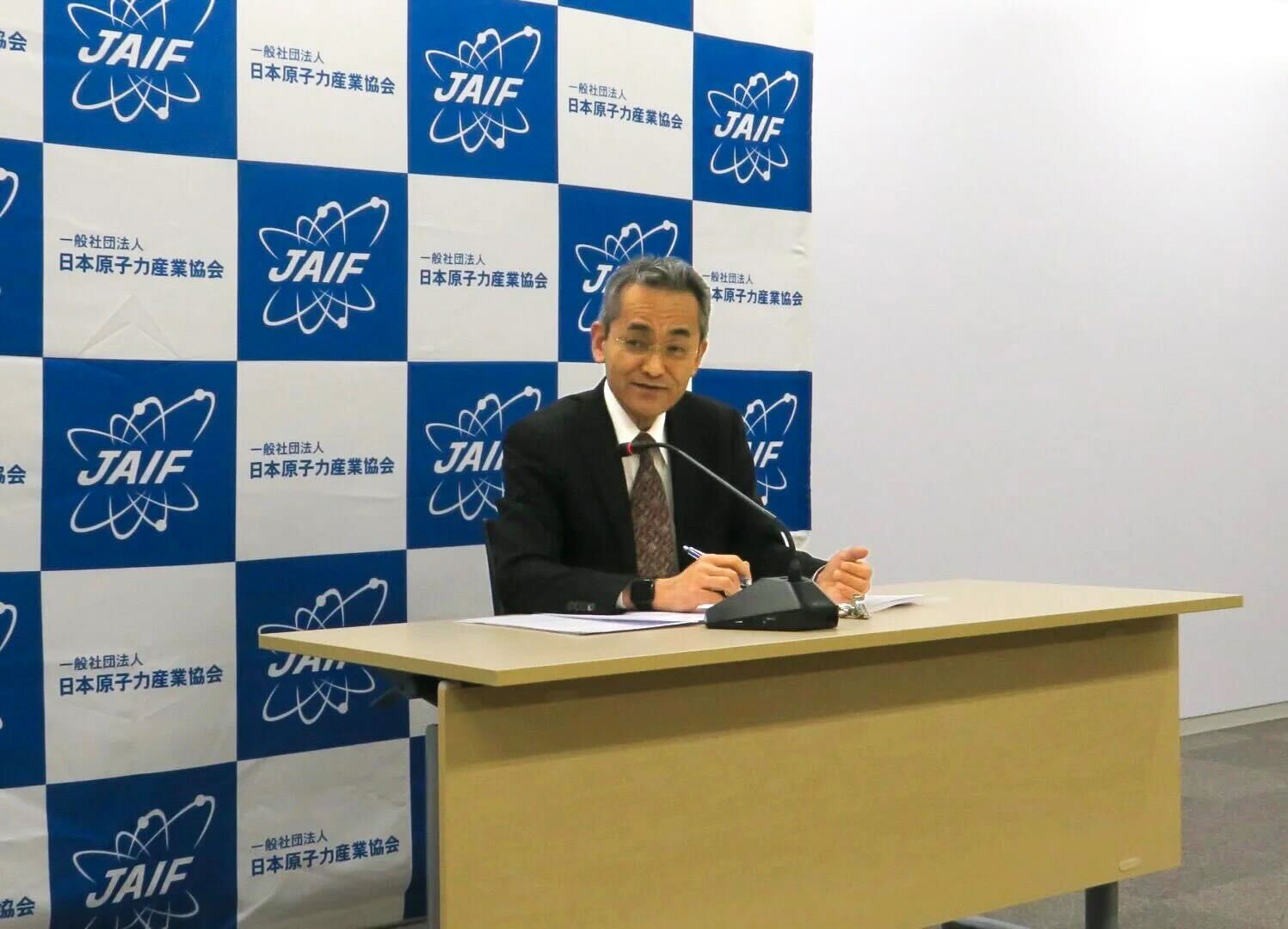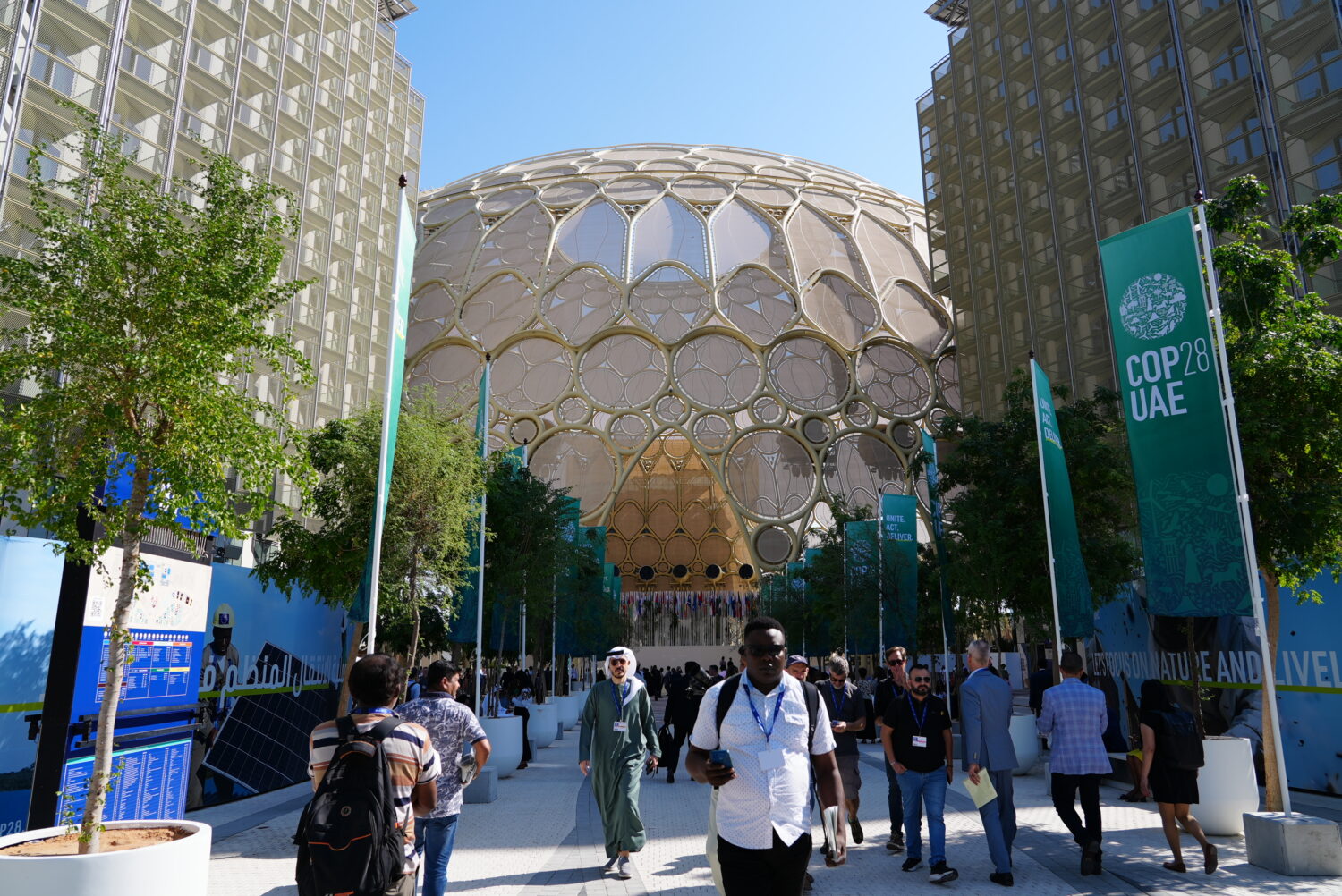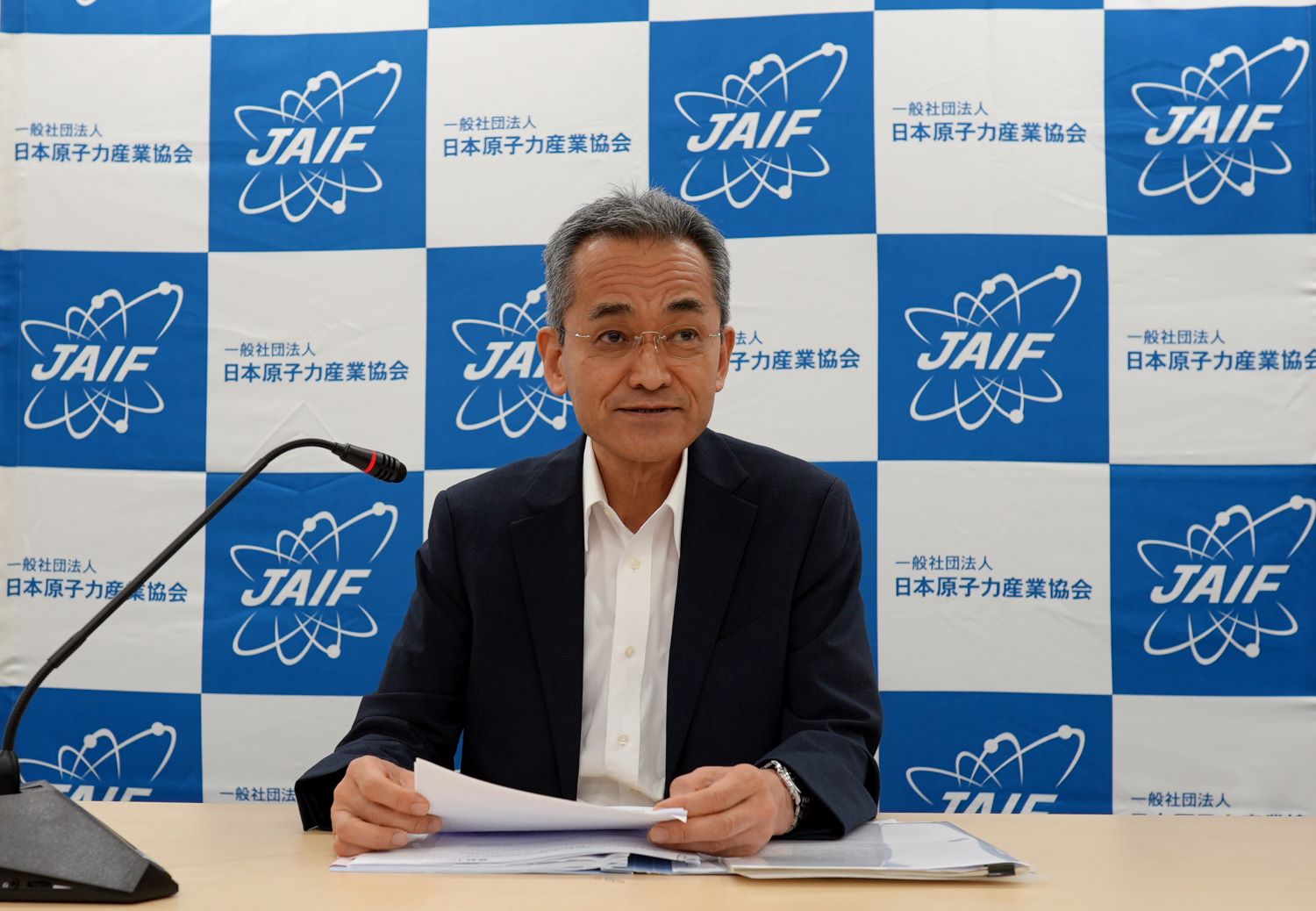On November 4, the Paris Agreement came into effect, which is a new international framework for the reduction of greenhouse gases. India, as the world’s fourth biggest emitter of such gases, has pledged to meet the goal of reducing its emission intensity by some 33%to 35% from 2005 levels by the year 2030, relative to its gross domestic product (GDP). Even today, more than twenty percent of India’s population—around 300 million persons—live without electricity, and its per-capita electricity consumption is less than one-tenth that of Japan’s. The country’s energy demand is projected to increase significantly as the economy grows in the future, so an important task for India is to convert to clean energy, given that the bulk of its electricity supply at present is derived from coal-fired power. It plans to expand nuclear power’s current share of electricity generation by more than tenfold by the year 2032, to 63GWe, through the introduction of large-scale light water reactors (LWRs) from abroad. India is also actively pursuing R&D on fast breeder reactors (FBRs).
Although India is not a signatory to the Nuclear Nonproliferation Treaty (NPT), it has concluded pacts for cooperation in the field of nuclear energy since 2008 with such countries as the United States, France, Russia, Canada, South Korea, and Australia, predicated on the enactment of a moratorium on nuclear testing, abidance to International Atomic Energy Agency (IAEA) safeguards on civilian-use facilities, and adherence to the guidelines of the Nuclear Suppliers Group (NSG), among other conditions. During the recent visit by India’s Prime Minister Narendra Modi, he expressed his high hopes towards the advanced level of Japanese technology. Thanks to the conclusion of the cooperation pact, it will now be possible for Japan to supply India with the sophisticated nuclear technology that it has developed over many years, along with high-quality equipment, also sharing with it the lessons learned from the March 2011 accident at the Fukushima Daiichi Nuclear Power Plants. The pact is also expected to contribute to the improved safety of India’s nuclear power and to a stable supply of electricity, as well as to a reduction of greenhouse gases.
Through continued efforts to cooperate with other countries and regions, including bilateral and multilateral efforts such as the recent India-Japan deal, JAIF, for its part, hopes to continue to promote activities that contribute to the solution of common issues, including the improvement of nuclear safety, as well as to the efforts by Japanese nuclear industry to expand their business overseas.




